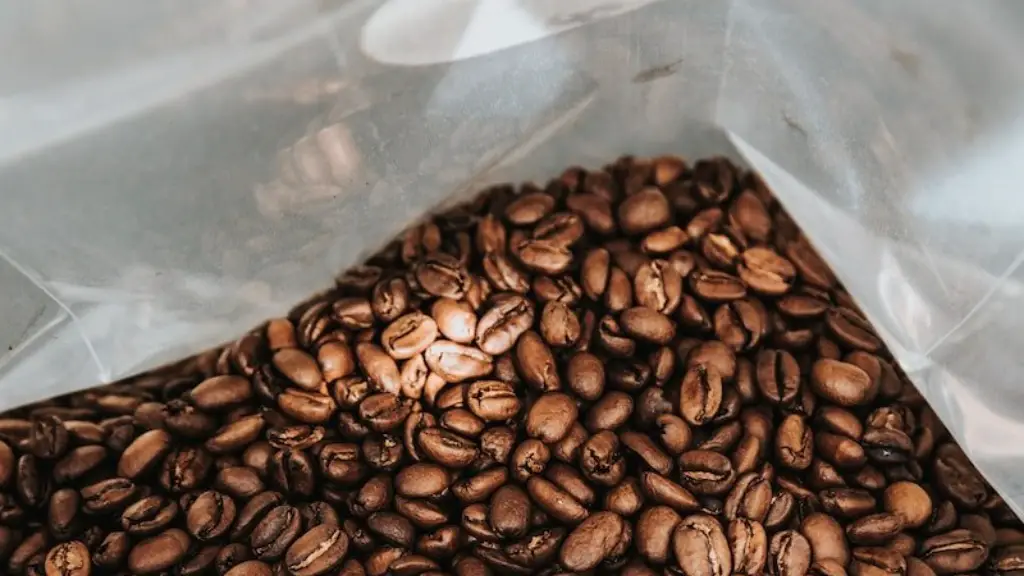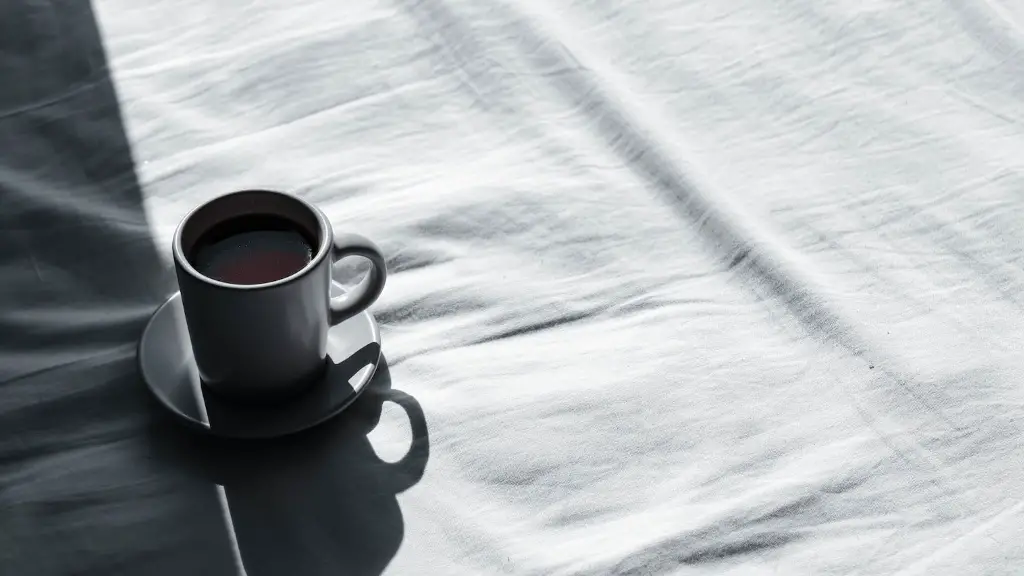We’ve all been done it: ignoring the last few droplets of coffee left in the cup and pouring them straight down the throat. There’s no denying that coffee has been a regular part of our morning routines for decades. But why it that after downing a cup, so many people suffer from a throbbing headache?
A common misconception is that caffeine the component in coffee that gives us the energy and alertness we need to tackle the day – is the cause of headaches. But recent research has disproved this theory and pointed to the culprit as being something else all together. What’s causing your headache, according to science, may be the high levels of acidity found in many coffees.
Dr. Elizabeth Loder, professor at Harvard and chief of the division of Headache and Pain at Brigham and Women’s Hospital, says that the majority of headaches caused by coffee acquire their start from the acids within the brew. In an article written by Harvard Health Publishing, Loder advises those who suffer from headaches when drinking coffee to choose a lower acidity brew. The article explains the the level of acidity detracts from the natural taste of the coffee, which can be beneficial if you’re looking for a healthier alternative.
Caffeine isn’t completely off the hook though, as it still has a role in headache development. Caffeine is a vaso-constrictor – it tightens up the capillaries, which can cause less fluid to reach the brain, leading to dehydration and headaches. According to Loder, any coffee drinker should pay attention to their caffeine intake and choose low acidity coffee to avoid headaches.
Ultimately, if you are experiencing headaches regularly after drinking coffee it’s time to find a brew that’s good for your health and your taste. Their are many options available when it comes to low acidity coffee, so start experimenting and find a blend that’s good for you.
Natural Alternatives
If coffee isn’t an option due to headaches and/or caffeine sensitivity, there are plenty of alternative options out there. One of the most popular natural alternatives is herbal tea. Different brands of herbal tea are widely available and packed with naturally occurring vitamins and minerals that fight against headaches, with some being even better than coffee when it comes to fighting fatigue.
Many consider herbal teas to be more flavorful than coffee and those with caffeine sensitivity can safely drink them in nearly unlimited quantities. Health benefits aside, some herbal tea preparations are quite medicinal and are actually recommended for them who are experiencing headaches or just feeling generally unwell.
The Right Mood
Although it may seem unrelated to headache, the mental state we are in when we drink coffee can determine whether or not we experience a headache. Although headaches are triggered by coffee, the amount of stress we are under and the mood we are in can have a direct impact on the severity of the headache.
Many of us reach for a cup of coffee to get going in the morning and fight off the grogginess. But if we don’t have the right attitude and mindset, a coffee-induced headache can easily be the result. A good way to ensure that coffee doesn’t beget headaches is to ensure that the coffee drinking experience is pleasant and stress free.
A relaxation habit such as 10 minutes of daily meditation has been proven to improve mood, reduce stress and make coffee drinking easier. Establishing this habit in the morning before sacrificing to caffeine could prevent those pesky headaches from appearing.
Sustainability
With all that being said, it’s important for us to remember that coffee production has a serious sustainability problem. Coffee has been grown in developing countries like Latin America, Africa and Asia for decades, but global demand combined with climate change, increasing costs of production and the rising economic gap between consumers and producers has dramatically impacted the lives of small-scale coffee farmers.
In order to put an end to the cycle of poverty and keep coffee production sustainable, it’s important to choose specialty coffee that celebrates the origin of the coffee and pays small-scale farmers a fair price. By making this effort and using specialty coffee to satisfy our morning caffeine cravings, we can ensure a more sustainable future while simultaneously avoiding headaches.
Flavor
For those of us who have gotten tired of the same bland, low acidity coffee, there is a solution. The flavor of acidic coffee is unmistakable, but there are ways to reduce the acidity of the blend without sacrificing taste and quality. Many specialty coffee roasters are experimenting with different methods and techniques to reduce the acidity of their coffee, giving the company a chance to provide an exceptional cup of coffee without the harmful effects.
These roasters use a range of technologies, from special machines that remove the acidic elements from the coffee, to low pressure “slow brew” methods that reduce the amount of acid formed during roasting.
Some roasters even add other elements to the coffee beans during the roasting process to reduce acidity. For example, adding a small amount of sugar to the mixture can drastically reduce the acidity of the final product, leaving a smooth and rich cup of coffee.
Health
The acidity present in many coffees can be greatly reduced, but for those with a sensitivity to caffeine and all of its effects, the search for a healthier alternative to coffee may be a lengthy one. Fortunately, there are many nutritionally beneficial drinks that can provide the same energy benefits without all the jitters.
A popular alternative to coffee is matcha, a green tea powder that is packed with antioxidants and other health benefits. Matcha provides a steady source of energy and mental alertness, without the need for caffeine. Other alternatives include Chinese herb teas, such as jasmine tea, which have a high concentration of antioxidants and can help reduce the risk of headaches.
Besides tea, there are other beverages such as juices and smoothies that are full of nutrients and minerals that can help to reduce headaches and make us feel our best. Many fruits and vegetables, such as pineapple and spinach, contain high levels of magnesium that can help to reduce headaches for those who are caffeine sensitive.
Lifestyle Habits
Of course, aside from searching for healthier alternatives, it is also important to note that lifestyle choices can have a tremendous impact on how we feel. Keeping a regular sleep schedule is essential to ensuring a healthy and headache free lifestyle.
In addition, exercise is an important factor for relieving tension, stress and headaches. Regular aerobic exercise can help reduce the frequency and intensity of tension headaches. Developing a regular exercise routine and a consistent sleep schedule are important steps towards reducing headaches.
Finally, it is also important to pay attention to the foods we eat. Keeping a balanced and healthy diet is essential for reducing headaches caused by coffee or anything else. Eating right, exercising and getting plenty of sleep can all play a role in reducing the frequency and intensity of headaches.





